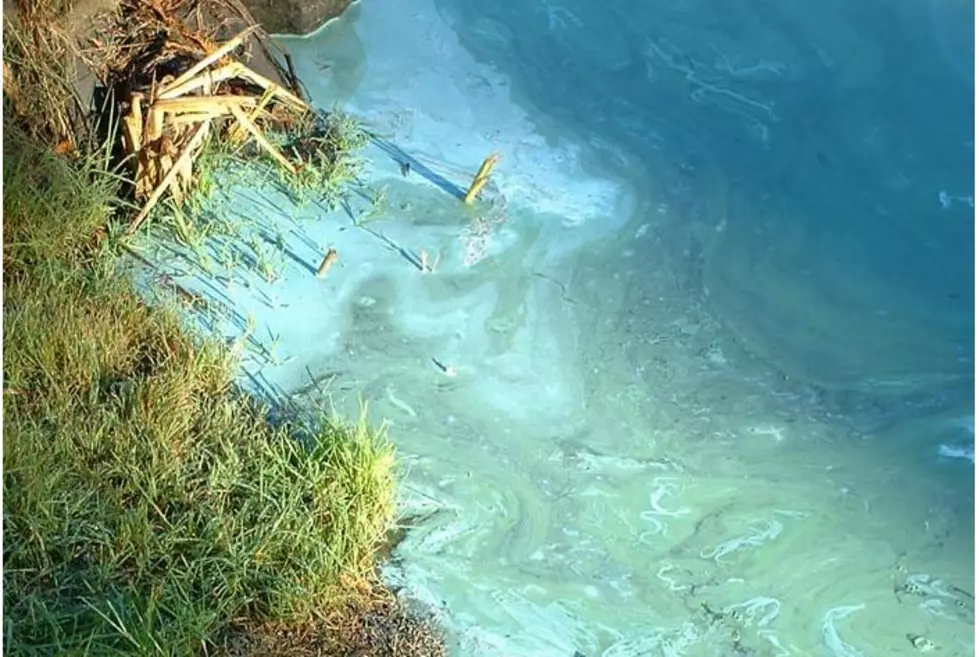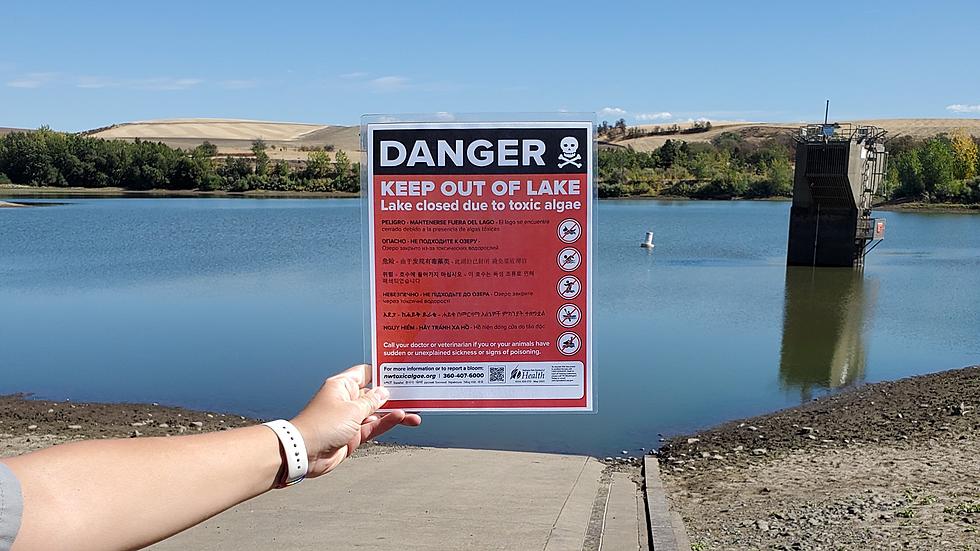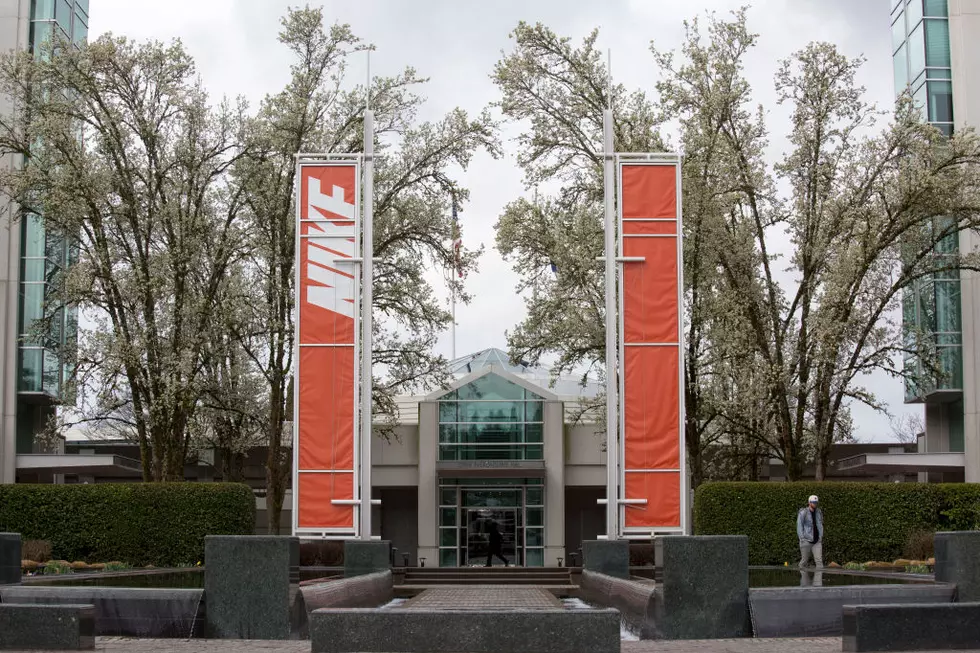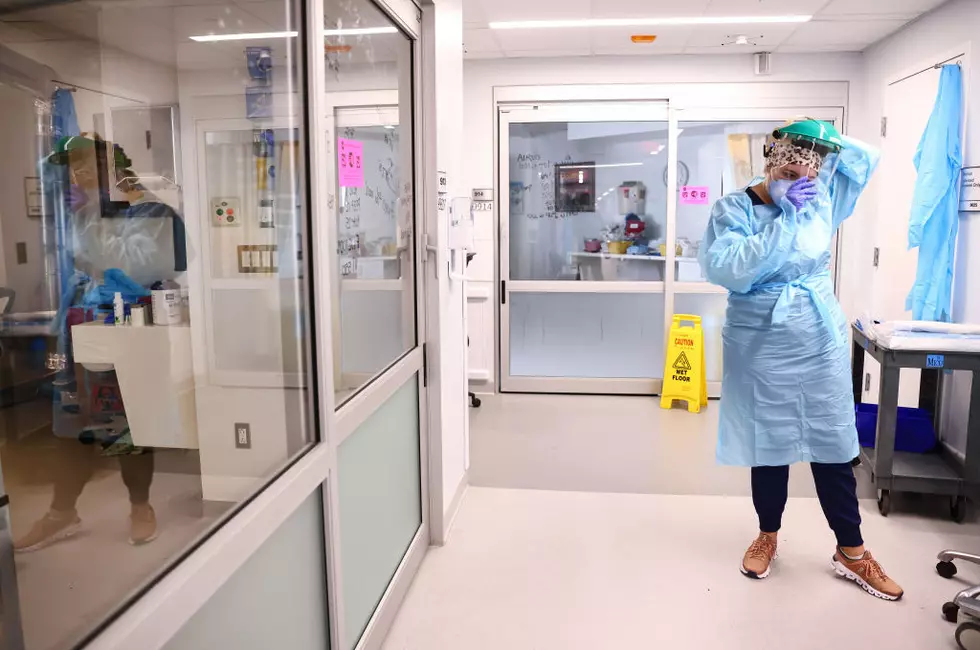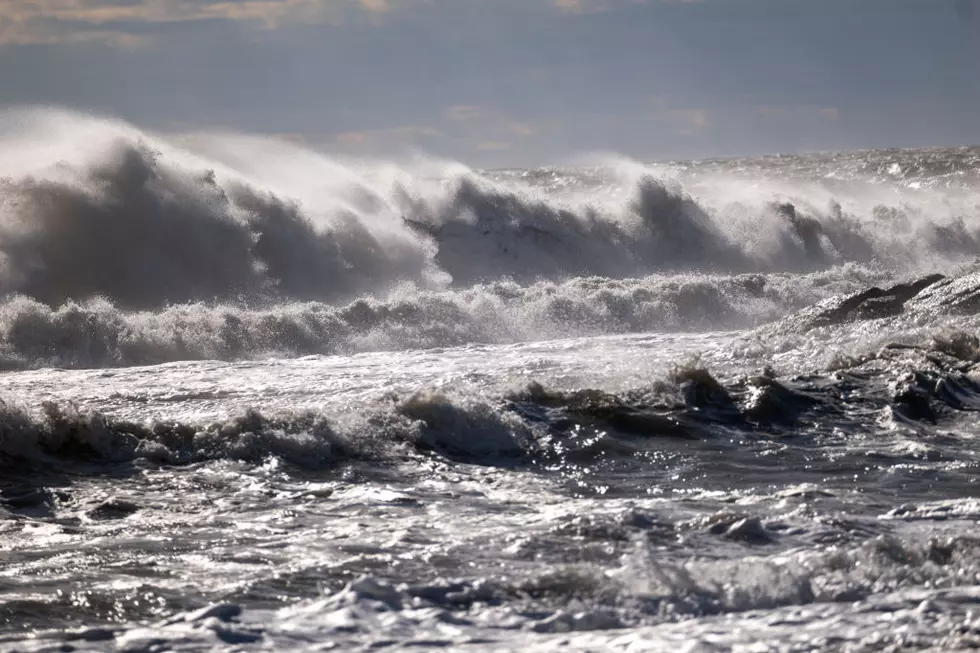
Toxic Algae ‘New’ to Richland, But Not Other Areas in Region-Moses Lake
After at least 3 dogs are known to have died after swimming-playing in water in the Columbia along some Richland parks over the last few days, officials are checking on what's called toxic algae.
Leslie Groves Park, Howard Amon Park, and a few locations further upstream near North Richland are being tested and evaluated for what's known as cyanobacteria, or commonly toxic algae blooms.
These are large 'pads' or sheens of slimy green growth on both the surface and also tinting the water. If water appears to have a lot of 'light pea green' tint it likely has the algae.

Just like milfoil nearly fouling the Columbia Cup this summer, excessively hot weather and limited water flows are prime conditions for milfoil and toxic algae.
It's most commonly found in standing water such as lakes or others that don't move like rivers. But with lesser water flows (less rapid) it can easily grow and gather along shorelines, or in small protected areas that don't get the current.
While we cannot remember Richland having issues, it's rather common in Moses Lake. At least every other year, depending upon conditions, portions of the lake are closed because of algae blooms. In 2018 we reported the lake was closed because of this, it also saw the issue in 2019 and 2020.
Health Department officials caution against letting animals swim or play in the water where it appears it's clouded or tainted. Some side effects seen in animals who are exposed to the algae include the rapid onset of nausea, vomiting, loss of coordination, and especially tremors or seizure in animals who have not shown any previous such issues.
It's also harmful to humans, so you should stay out of those areas too.
Goosebumps and other bodily reactions, explained
More From 870 AM KFLD
